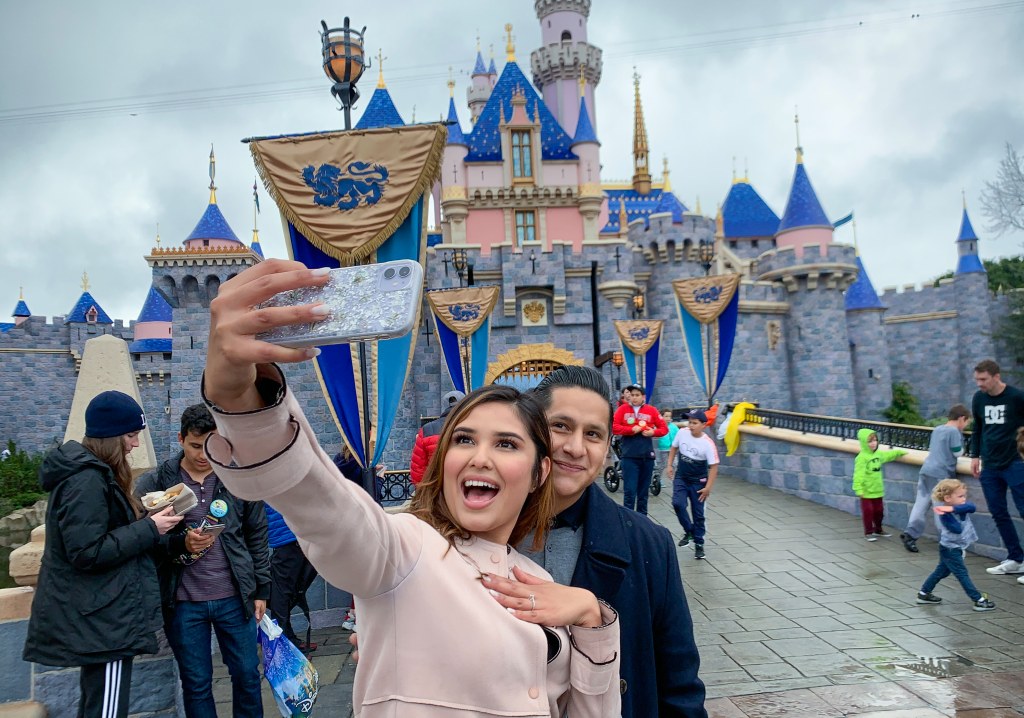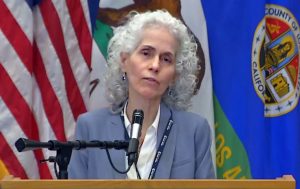On June 10, Disneyland announced plans to reopen its theme parks, hotels and Downtown Disney District in July following a nearly three-month closure due to the spread of novel coronavirus.
Many fans rejoiced on social media about the chance to return to the beloved theme park. Some, however, were more skeptical, tweeting whether it was too soon for a theme park to open and calling Disneyland a non-essential business that shouldn’t be operating during a global pandemic.
As news spread of the staggered reopening, which would include the Downtown Disney District opening first on July 9, followed by Disneyland and Disney California Adventure on July 17 and Disney’s Grand Californian Hotel & Spa, Disney Vacation Club and Disney’s Paradise Pier Hotel on July 23, a petition was drafted by an anonymous group on Change.org that called upon The Walt Disney Company to reconsider the plan and postpone the reopening. As of Thursday afternoon, the petition has over 13,500 digital signatures.
“As you know, COVID-19 cases are rising and have not dropped,” reads the petition. “Many people have lost loved ones due to this pandemic and by reopening the parks they are endangering cast members and guests to be exposed to COVID-19.”
The petition argues that there are more cases of COVID-19 now than when the park initially closed back on March 13 and that health officials have predicted a second wave of COVID-19 that could be worse than the first. Reopening before a second wave, it states, “is irresponsible and greedy.”
“For us, the city, we have confidence in Disney’s ability to open safely and responsibly,” Anaheim city spokesperson Mike Lyster said.
Lyster said a good example of Disney’s operations and crowd management strategy was last year’s opening of Star Wars: Galaxy’s Edge and the theme park’s use of an all-new reservation system.
“That basically controlled the amount of folks coming in, to a point where some might even say it worked too well, to where we actually saw a very light summer last year,” he said, adding that the park has shown its ability to manage an overflow crowd. “Their expertise in doing this will be able to be applied to everything that will be required, which is: A smaller capacity, keeping parties separated, face coverings and some minimal health checks.”
In its reopening announcement, Disney said attendance would be managed through a new theme park reservation system that would require guests, including annual passholders, to obtain a reservation for entry in advance.
Lyster said the city had received feedback from people concerned about the reopening of the theme park amid a global pandemic. However, the city also heard from Disney fans and surrounding businesses that were encouraged by the reopening news. The closure has hurt local businesses that depend upon tourists visiting the park.
In May, Disney Parks Chief Medical Officer Dr. Pamela Hymel assured guests via the official Disney Blog that the parks would reopen only when it was safe to do so.
The post laid out that Disney would reopen in gradual phases and that they would continue to work with local health authorities and the Centers for Disease Control and Prevention (CDC) for the latest physical distancing and capacity measures as well as sanitation protocols, requiring facial coverings and ensuring that there are added hand washing and sanitizing stations located throughout the park. Another big element of Hymel’s reopening post was cast training.
“Our focus remains on the health and safety of the entire Disney community – including the well being of the Cast Members who are carting for and securing our parks and resorts during the closure,” the post read. “We have already implemented a number of enhanced health and safety measures, such as increasing the frequency of cleaning and disinfection in work areas, adjusting practices to promote physical distancing, and providing Cast with access to necessary PPE, including face coverings. We continue to learn from these experiences and will carry these lessons into reopening and beyond.”



















